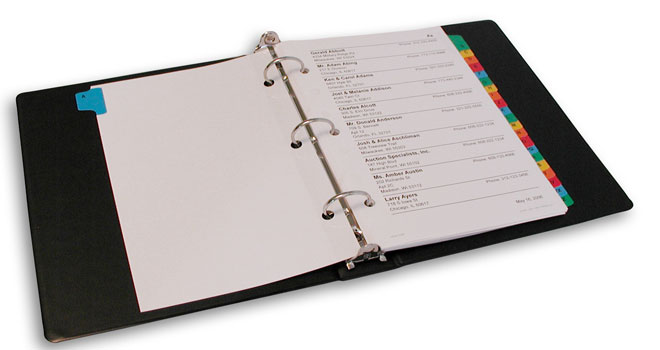In a report of the Standing Committee on Finance on the Financial Sector Regulation (Twin Peaks) Bill the committee touched on the possibility of duplication in regulation, not only in terms of the NCR, but also as far as the Council of Medical Schemes Council (CMS) is concerned.
The place and role of the National Credit Regulator (NCR), which falls under the Department of Trade and Industry (DTI), in the Twin Peaks Model was regularly discussed in the Committee’s considerations of the Bill.
There were basically two opposing views on the inclusion of the NCR in the Twin Peaks Bill:
- As presented mainly by the Financial Sector Coalition and COSATU, the NCR was performing well in representing the interests of creditors, particularly the poor and low income earners, and it should not be part of the Twin Peaks Model as it would get absorbed by the FCA which would not be as effective as the NCR; and
- The NCR and FCA would be duplicating each other’s functions and the NCR should be dissolved to make way for the FCA.
The Committee decided that there should be a clear delineation of the respective roles of the FCA and NCR.
- The NCR will be responsible for regulating the market conduct of credit agreements issued by banks and non-banks, e.g. furniture retailers.
- The FSCA will be responsible for regulating the market conduct of these players for other financial services that they may provide.
To date, there has been a substantial overlap between the roles of the existing regulators – e.g. the Financial Services Board is responsible for regulating the way insurance is sold; whereas the NCR is responsible for regulating how credit is sold. Credit-life insurance, the life insurance related to credit agreements, falls “between the cracks”.
Similar areas of overlap exist between medical aid (regulated under the Department of Health and the Council of Medical Schemes) and medical insurance (which is regulated by the FSB).
The Financial Sector Regulation Bill substantially improves the way these regulators coordinate their activity. The Committee believes that for now the NCR and FSCA should work cooperatively and it will, together with the Trade and Industry Portfolio Committee, seek to monitor this.
At an appropriate time in the future, depending on how this works out in practice, and if conditions warrant it, consideration could be given to the two structures merging in some appropriate form, provided this is in the interests primarily of the poor and low-income earners.



